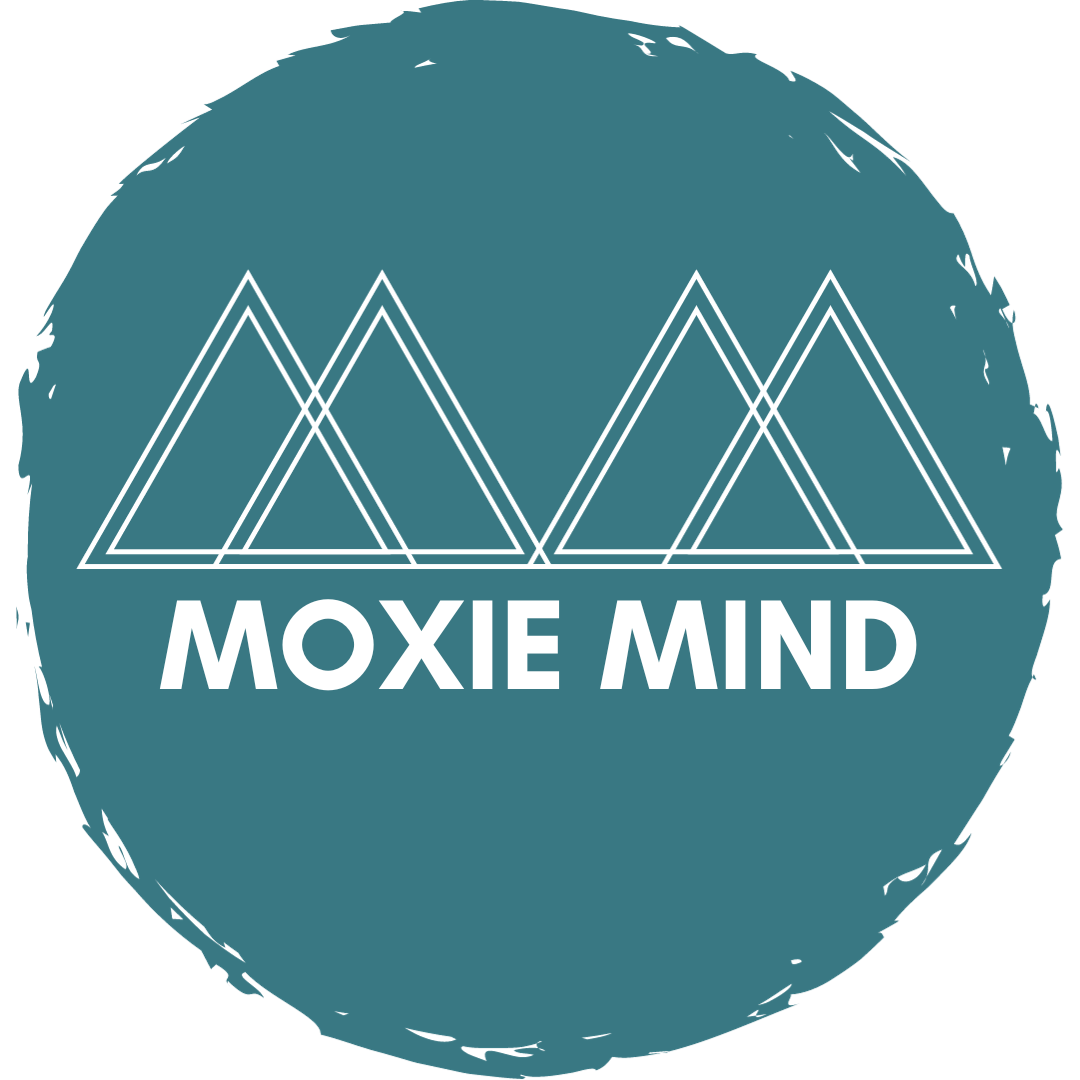If you’re out there wondering if your eating disorder is “bad enough” - it probably is. If you haven’t been diagnosed with an eating disorder but question if things are “off” - they probably are.
Read on to see the top five things I see in my office nearly every day, from clients who swear they’re “fine” or “not that bad.” Eating disorders are sneaky, creative little bitches, and they often show up small until they’re a big mess.
The Top 5 Indicators That You Could Use Some Support:
You are afraid of gaining weight. This is only slightly different than a desire to lose weight, but is just as harmful. Believing that being in a larger body is bad prevents you from taking steps to be well. If one of the main reasons you don’t pursue care for yourself is because you’re afraid the care will make you gain weight, how will you ever be well? Unlearning fat phobia is not optional in recovery; it’s a prerequisite.
You basically eat only “safe” foods, and there aren’t many of them. Another name for this is restriction. Human kind evolved to eat all kinds of foods in all kinds of ways, and limiting yourself to only a handful of foods with very strict management isn’t one of them. You deserve to know food freedom, and you deserve to explore and enjoy variety, balance, and SATISFACTION. Intense food rules are just another form of restriction.
You rely heavily out outside measurements. Things like: the scale and your weight, food and movement trackers, body checking, calorie counting, the too-small pair of jeans you keep in your closet, validation from others about your appearance, constant checking of your body in reflective surfaces, comparing yourself to bodies on your social media feed, etc. All of these are ways you use external items as measurements. You know what else they do? Foster distrust with your body. They keep you stuck in the endless of cycle of not-enough-ness, and they are holding you back from thriving in your authentic life.
You feel out of control with “unhealthy” foods. You might not keep them in your home because you can’t trust yourself to have them around. Maybe you eat them only in private or in the dark. You might intend to eat just a few and end up eating the entire bag. You might label yourself an emotional eater. Often, the physical discomfort of what you ate mirrors how you’re feeling mentally and emotionally. These are all signs that your relationship with food has fallen under the All or Nothing category, which probably leaves you feeling like you’re swinging from one extreme to the next. Your rules around foods have created deep voids of distrust and lack of permission, and the only way out is to start leaning into things that make the pendulum swing smaller and softer.
Skipping or missing a meal makes you secretly happy. You might also value thinness or think feeling hungry is morally inferior. You’ve probably been taught at some (or many) points in your life that eating less means you are worth more. Let me be clear: this is another form of restriction, one that limits and detracts from who you are and how you are able to live your life. A life of rigidity and rules is no life at all. The voice that tells you “good job” when skipping or missing a meal is a voice of disorder.
If you’ve found yourself nodding along to at least one of these, there’s a good chance that your relationship with food and/or your body could use some tending to. It *doesn’t necessarily* mean you have a diagnosable eating disorder (because I’m not here to diagnose you in a blog post), but it does mean there are things to be worried about.
Even if your labs are fine. Even if your medical professionals think you’re fine. Even if you think your weight is fine. Even if you aren’t *that* tired. Even if it’s better than it used to be. Even if you’re still functional in your life/school/job/relationships.
Please reach out to eating disorder professionals in your community (HAES-aligned if ya got ‘em!) to get the support you need. Before it gets big. Before it’s in your face. Before you need something drastic. If you’d like to chat more with me, please reach out here.
Whoever you are, wherever you are, you deserve the very best care. I hope you have the courage to reach out for the support you need. I’m rooting for you!
Questions about what’s here or what this means for you? Reach out! You know I’d love to be a friendly face to confide in.
Send me an email or find me on social media to stay in touch. Want to learn more about what it’s like to work with a dietitian who specializes in eating disorders? Schedule your free discovery call to chat about nutrition therapy!



